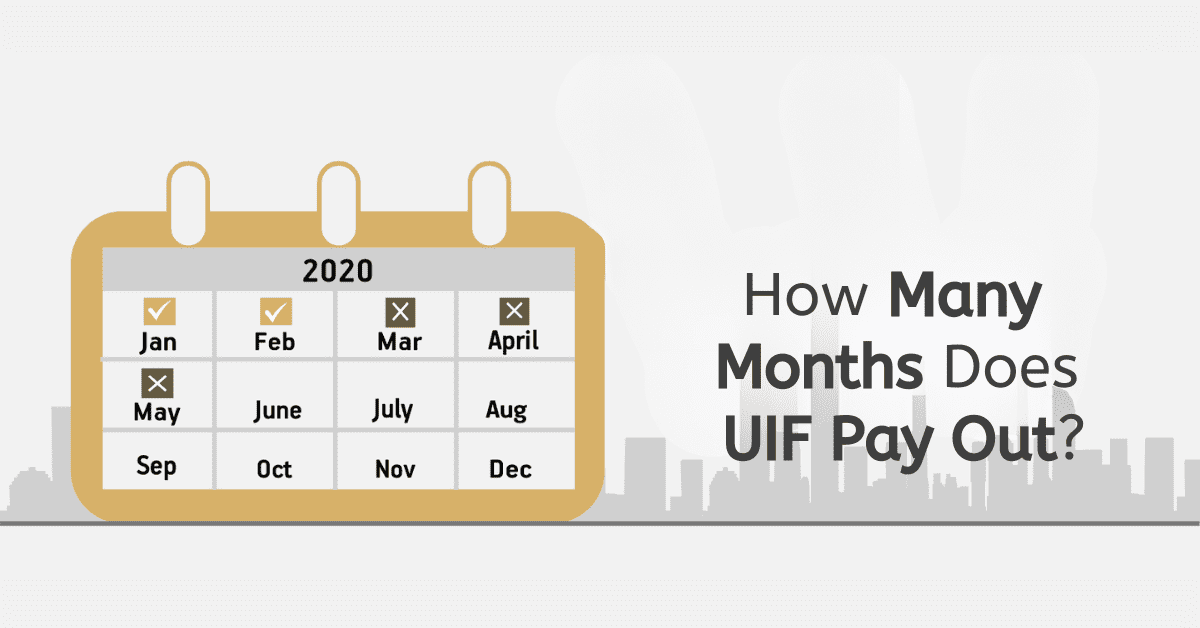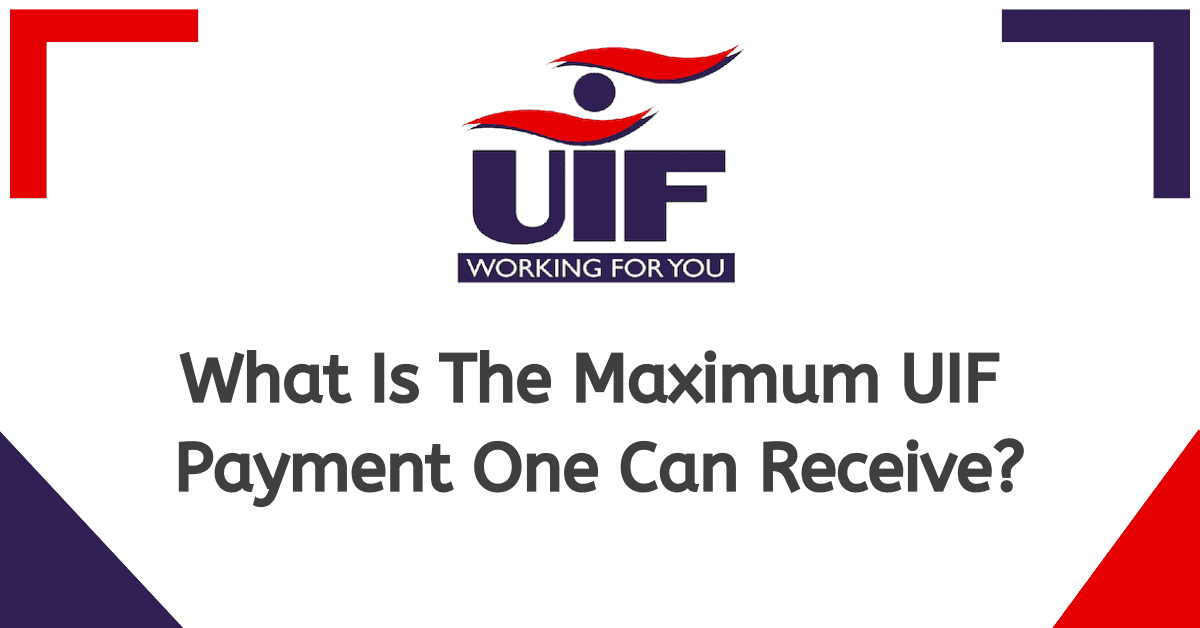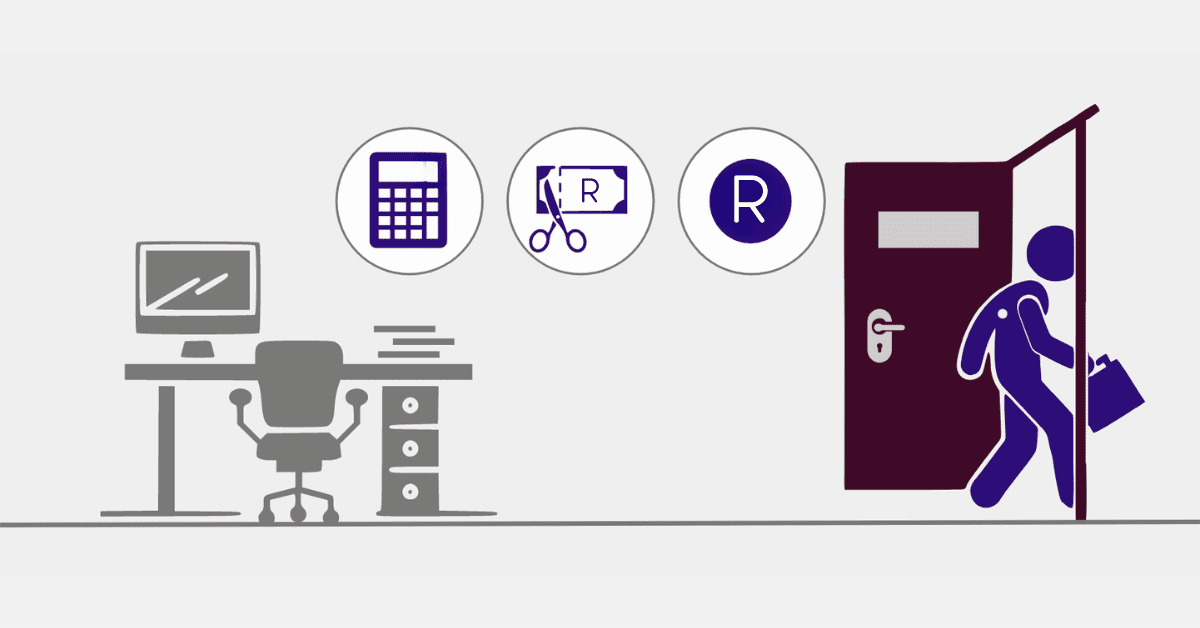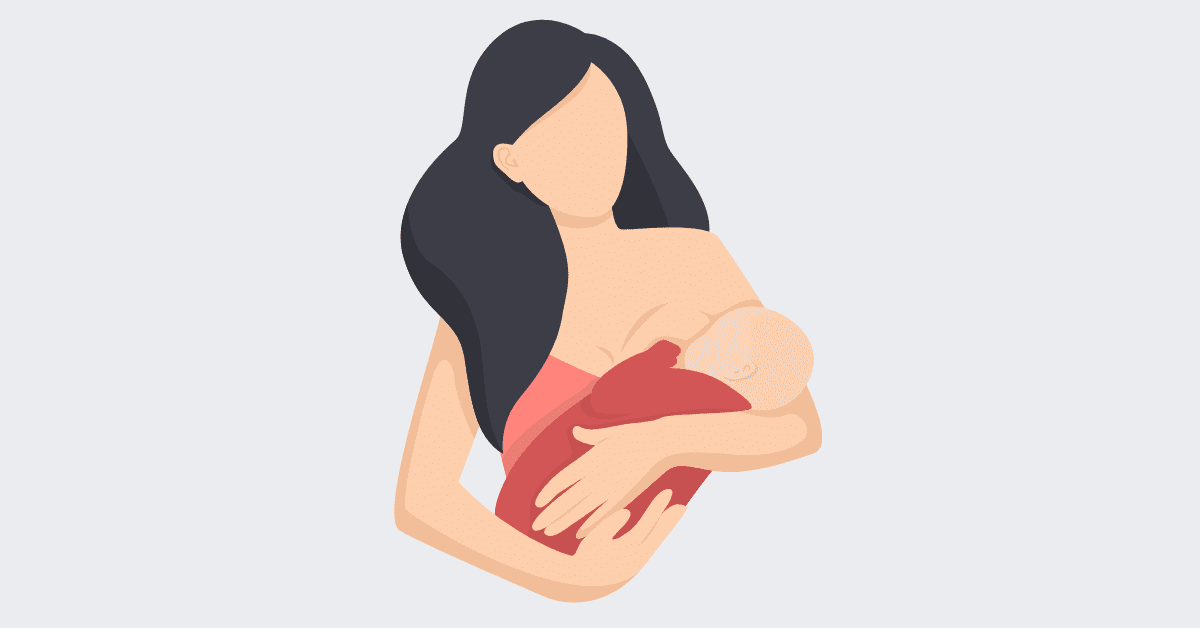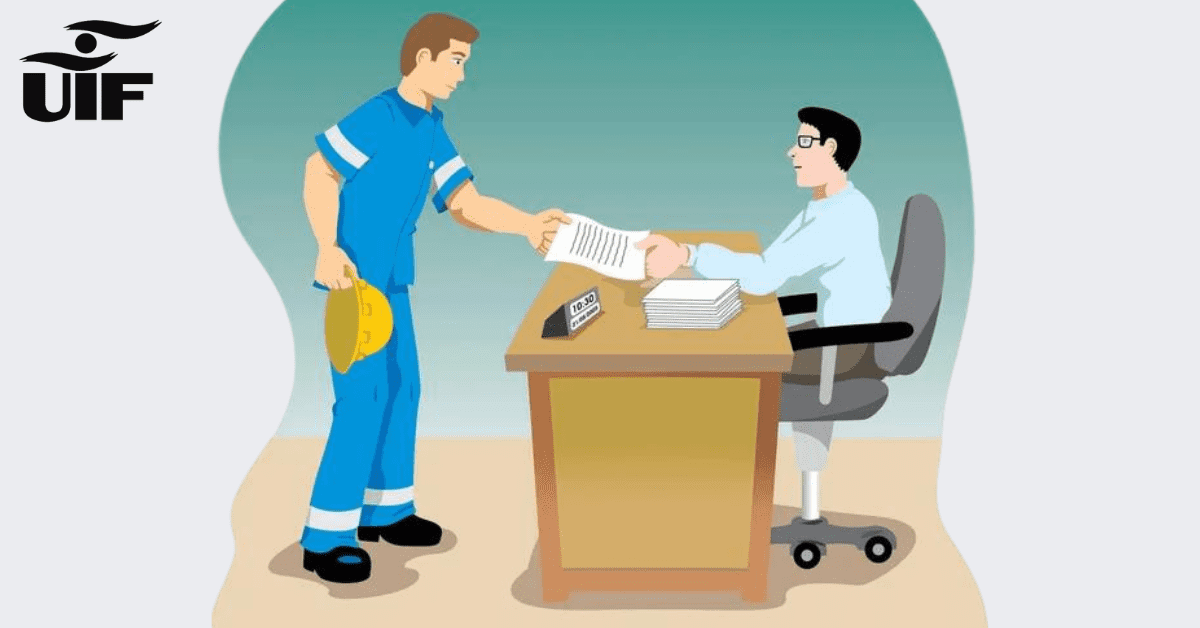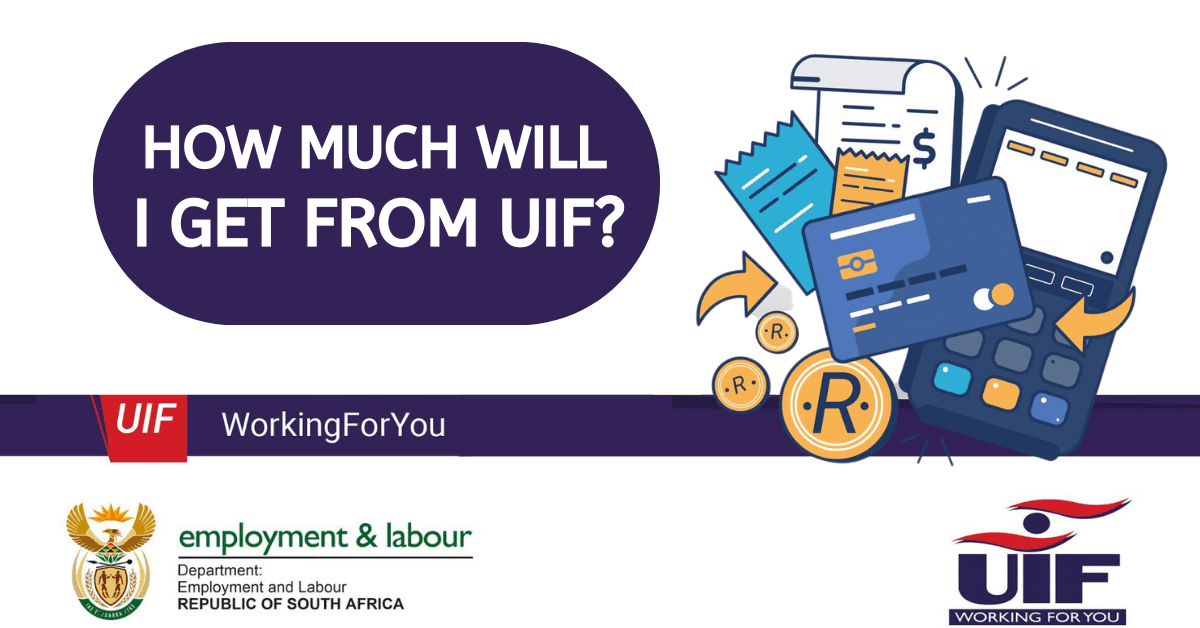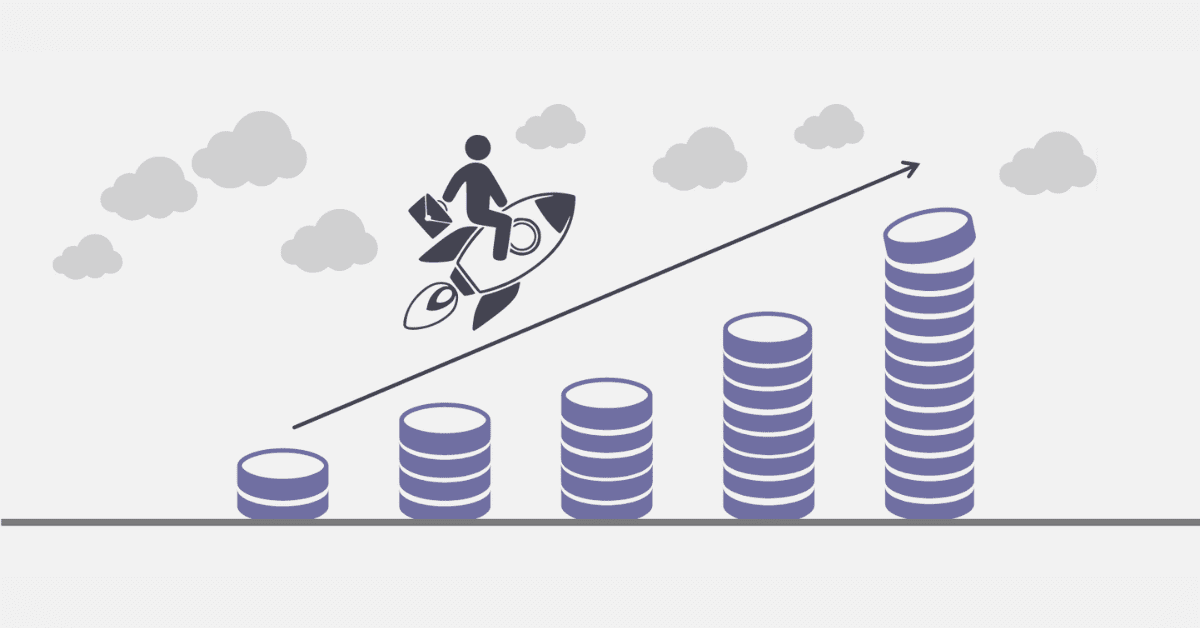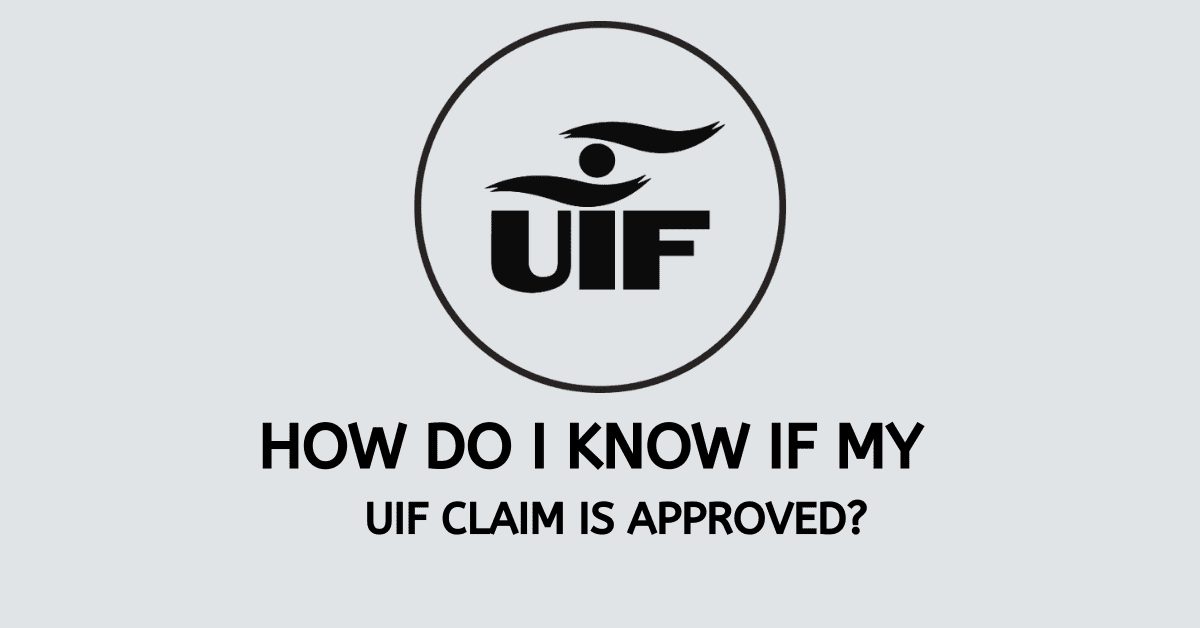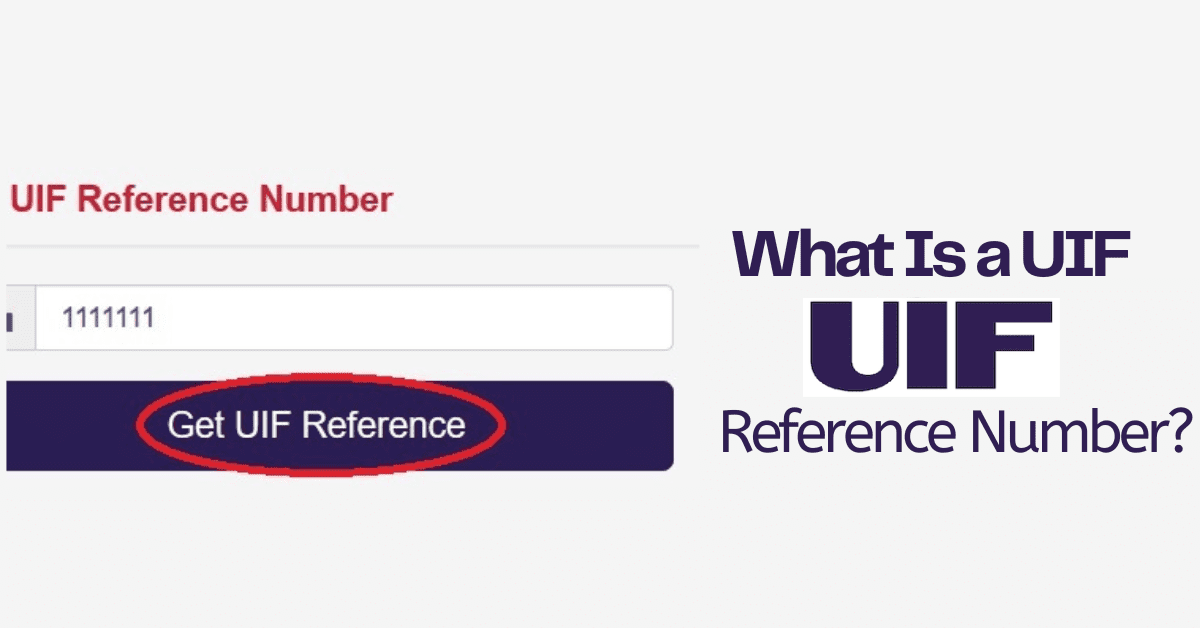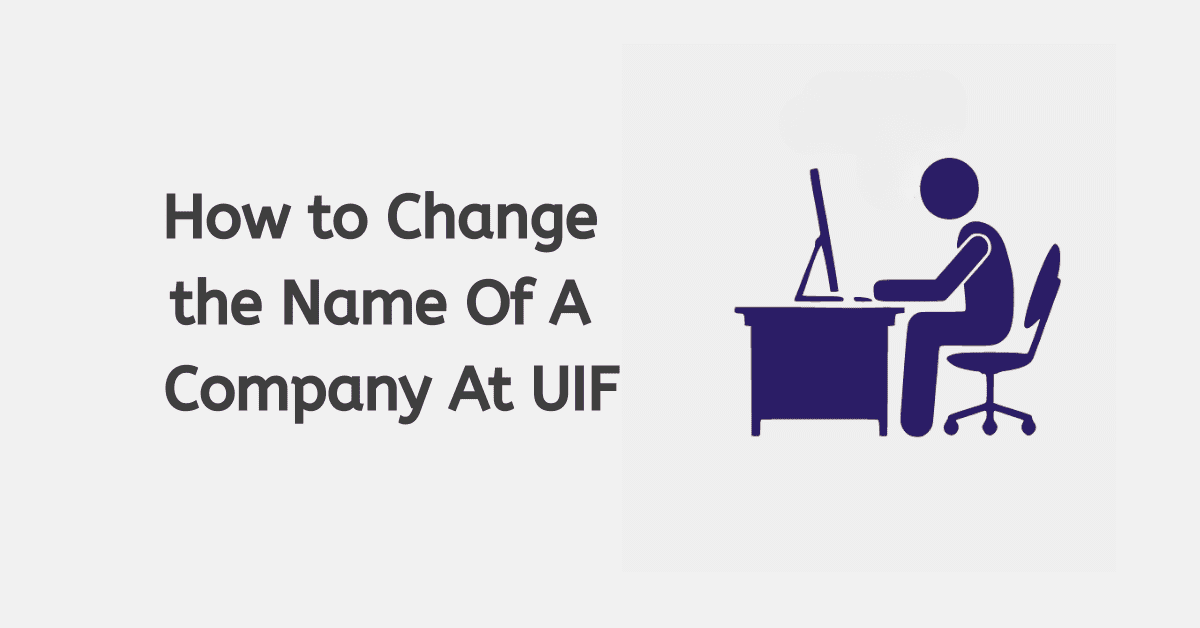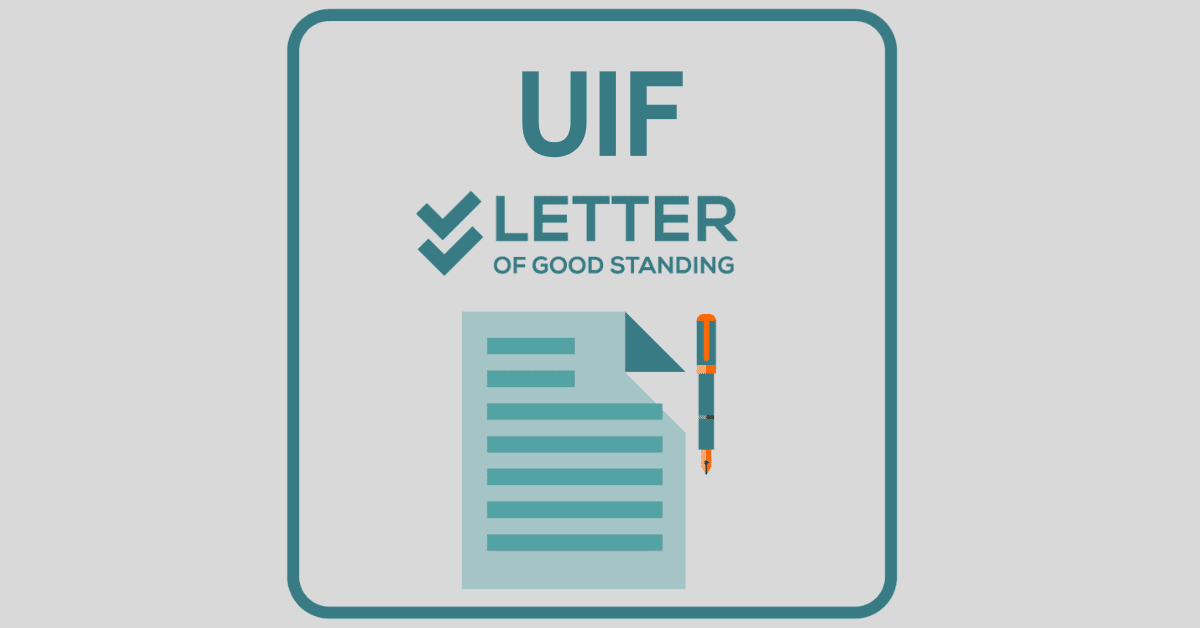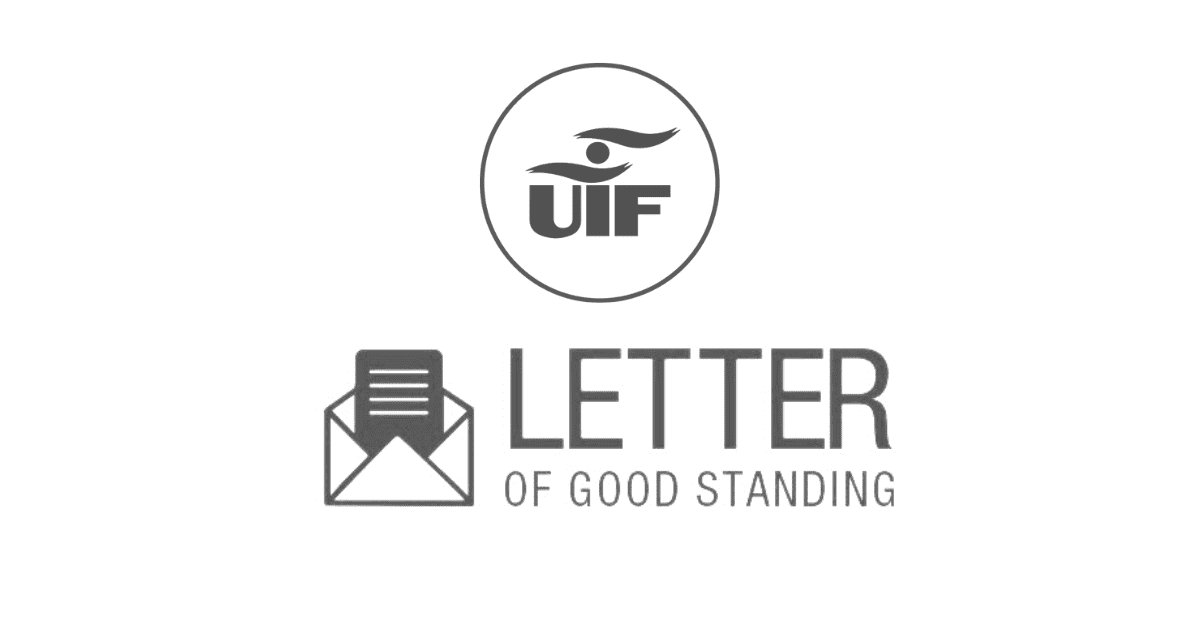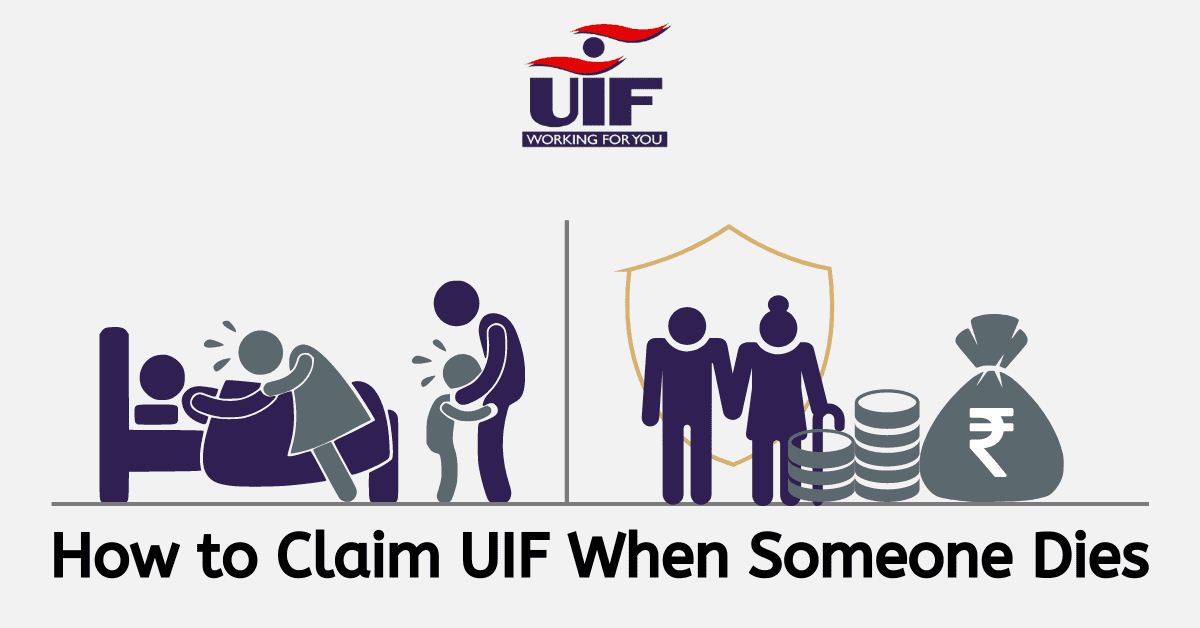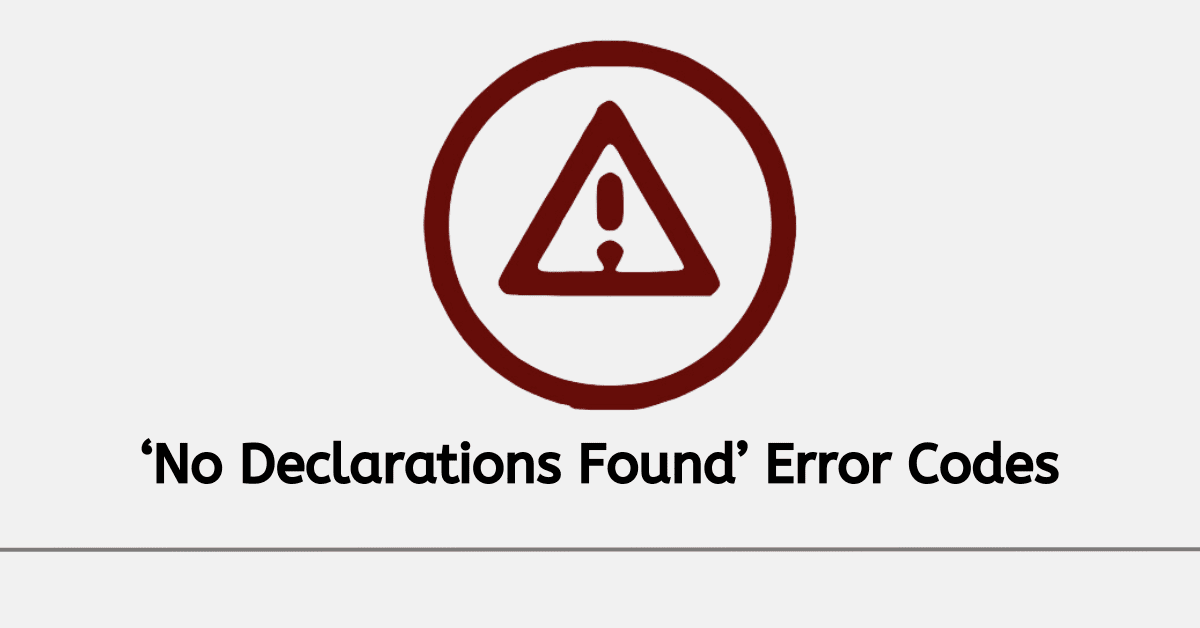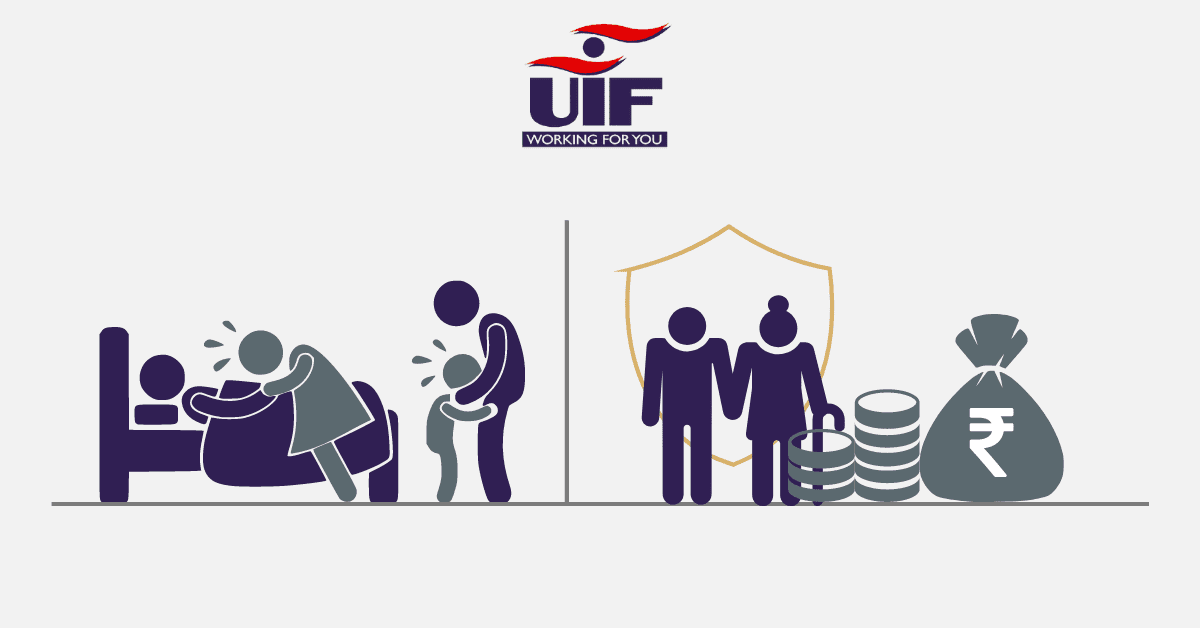The UIF has been very important in helping people who were hurt by the COVID-19 outbreak, natural phenomena, and other preceding circumstances.
The Unemployment Insurance Fund (UIF) is a social security scheme that helps people who have lost their jobs financially in the short term. The UIF gives out benefits like jobless benefits, health benefits, benefits for having a baby, and adoption benefits. The amount of the benefit is based on how much the person makes and how long they have worked.
Workers must have paid into the UIF for at least 24 months before they can get rewards from it. They must also register as a job seeker with the Department of Labor and send in a legal claim form. You can file a claim online or in person at a UIF office.
In this article, we will look at when someone is entitled to claim UIF benefits, the types of UIF benefits, who cannot claim UIF and the amount that UIF pays to beneficiaries.
When a person is entitled to claim UIF benefits
Entitlement is the right to get or claim something based on certain factors or conditions. When talking about unemployment, the word “entitled” is often linked to unemployment insurance benefits, like those given by the Unemployment Insurance Fund (UIF) in South Africa.
People can only get UIF claims if they meet certain requirements, like having paid into the fund while working and losing their job through no fault of their own. So, in the case of UIF claims, entitlement means that a person has the right to get money from the UIF if they meet the conditions and criteria for claiming benefits.
The UIF protects workers from layoffs, illness, and other unexpected events. This program gives workers financial security in hard times. Unemployed South Africans may qualify for UIF benefits. These perks require particular qualifications. One of the most significant requirements is 13 weeks of UIF fund contributions. Before applying for benefits, you must have worked and paid into the fund for three months. If you’re counting on UIF benefits during unemployment, remember this.
Everyone is entitled to benefits from the UIF claims, but the conditions lie within the necessary prerequisites when you are employed. You must ask yourself, “Did you make the right contributions to UIF while working? Even if it wasn’t you, did you follow up to ensure your deductions were made into the UIF? These responsibilities can affect our entitlement to make claims under the UIF. It is important that individuals always look at this as their sole responsibility rather than a shared one. If you find yourself in a difficult situation, you may be unable to support yourself entirely.
The Labor Department urges employees to always look out for UIF disruptions by checking on the UIF platform or visiting the office.
Claiming UIF benefits comes with certain conditions, which are laid down to protect the masses. There are people there to look into these issues and adhere to all the policies set for the UIF scheme.
What are the types of UIF benefits?
The Unemployment Insurance Fund (UIF) is a vital resource for workers who find themselves without a job or unable to work due to various reasons. Whether it’s due to being laid off or needing to take time off for maternity, adoption, or parental leave, the UIF provides short-term relief to help individuals get back on their feet. Additionally, the fund also provides support for those who are unable to work due to illness. With the UIF in place, workers can have peace of mind knowing they have a safety net to fall back on during difficult times. The social security system not only benefits the contributors but also provides relief to their dependents
- Workers who lose their jobs due to retrenchment, dismissal, or redundancy receive unemployment payments, the most prevalent UIF benefit.
- Injured or sick workers receive illness benefits.
- Pregnant women who cannot work receive maternity benefits.
- Adoption benefits: Adoptive parents who need time off work for their new kid receive this benefit.
- Workers who care for ill or disabled family members receive this benefit.
- Dependents receive death payments.
Who Cannot claim UIF?
The UIF is designed to help those who are struggling to make ends meet during this challenging time, and it can provide essential life support to those who are struggling to find new employment opportunities in South Africa.
As an employee, it’s important to understand your rights and benefits when it comes to unemployment insurance. Unfortunately, not all workers are eligible for UIF. If you’ve been dismissed for misconduct, resigned voluntarily, retired, or are self-employed, you won’t be able to claim UIF.
As per the regulations, individuals who work as domestic workers for less than 24 hours per month, those who receive a monthly state pension, and employees who receive benefits from the Compensation Fund for occupational injuries or diseases are not eligible to claim UIF. It is important to note that these regulations are in place to ensure that only those who meet the criteria are able to claim UIF benefits.
Also, working mothers should know that if they’re already receiving maternity leave benefits from their employer, they won’t be able to claim UIF. This means that if you’re already receiving financial support from your employer during your maternity leave, you won’t be able to receive additional support from the government through UIF.
How much does UIF pay out for dismissal?
Being fired from a job can be upsetting. Dismissal is inevitable, and these situations may arise occasionally, but while it happens, what other plans do you have, as many would want to ask themselves? Have you contributed to UIF knowing you can make claims? Do you have other benefits to enjoy?
Many indigents who find themselves in this spot may want to know how much they can make from UIF or how much UIF can pay them for being dismissed.
Dismissal by your employer can affect your UIF pay negatively or positively if you are dismissed for bad conduct.
It is important to know that you will have yourself to be blamed if you do not get any UIF benefits after the claim. However, individuals who are dismissed on a good note have the chance to put in their UIF claims.
If an employee was fired for something other than being bad at their job, they might be able to get UIF payments. The UIF bonus is based on a sliding scale of between 38% and 60% of the employee’s average weekly earnings over the past four years, up to a certain limit. The UIF pays between 38 and 58% of your monthly salary, up to a maximum of R17,712 per month, for up to 12 months. This limit means the most you can get from the UIF in a year is R211,544.
